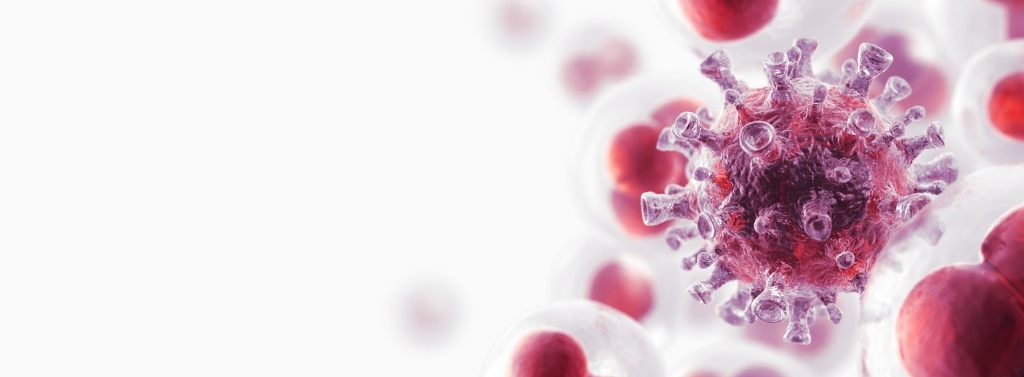| By Brenda Wilmoth Lerner, RN |
Just in time for the kids to go back to school and for pumpkin-spice everything to appear in local markets, circulating viral diseases are already causing absences in many classrooms across the United States. The latest variants of SARS-CoV-2 are responsible for increasing numbers of COVID-19 cases, and additionally, parvovirus B19, or slapped-cheek syndrome (SCS), is rapidly spreading among children and teens throughout the U.S. and Europe.
SCS is a common and usually mild illness that resolves within about a week in healthy individuals, but certain groups of vulnerable people can face serious complications from parvovirus B19 infection, the virus that causes SCS. A recent health advisory from the Centers for Disease Control and Prevention (CDC) intended for both healthcare workers and parents advised that parvovirus B19 is currently circulating in the U.S.
Slapped-cheek syndrome derives its common name from a characteristic red facial rash that appears on the cheeks a few days after symptoms begin. SCS is also known as fifth disease, parvovirus B19 disease, and erythema infectiosum. There’s a new portal about “Slapped-cheek syndrome (Parvovirus B19)” in the Gale Health and Wellness database.
Additional symptoms can include achy joints, fever, and often, sore throat, cough, or headache. The red rash may also appear on the back, chest, and extremities, and usually lasts for about a week, but can recede and reappear, or may linger for up to a month. Joint pain can occur in hands, feet, or knees. When adults contract SCS, the rash is less common and joint pain can be the only symptom. As with most mild viral illnesses, rest, fluids, and relieving pain, fever, and cough are the most effective treatments.
Most adults have antibodies from a previous infection that help them resist reinfection with parvovirus B19, which is why the disease is currently trending among school-age children. However, people who are immunocompromised, have blood disorders such as sickle cell anemia, and those who are pregnant should take extra care to avoid SCS. Infection during pregnancy can impact the fetus and potentially cause a miscarriage. People with blood disorders who have SCS can develop severe anemia, and people with compromised immune systems and SCS can develop complications such as anemia, encephalitis, hepatitis, or myocarditis.
Slapped-cheek syndrome, like COVID-19, is mainly spread from person to person via coughs and sneezes—tiny droplets of infected respiratory secretions get aerosolized and disperse into the air or land on commonly touched surfaces. Unfortunately (and also like COVID-19), parvovirus B19 can be transmitted a day or two before symptoms arrive. So, although there’s no vaccine for SCS, additional measures for preventing the transmission of SCS are the same as for COVID-19, including masking, improving indoor air quality by opening windows or filtration, frequent hand-washing, and remaining at home after contracting the virus until symptoms improve and fever has reduced to normal for at least 24 hours. With SCS, the rash may persist for a few days even after the infected person is no longer able to spread the virus to others.
As we all navigate the approaching 2024–2025 viral respiratory season, I hope you consider receiving the approved and CDC-recommended vaccines that are already widely available to prevent COVID-19 and influenza. The COVID-19 vaccine and flu shot can be administered on the same day, meaning one less trip to the doctor or pharmacy. For those who are pregnant or those age 60 and over, a one-time vaccine can also help prevent respiratory syncytial virus (RSV) infection.
And for SCS, colds, and other respiratory viruses without a vaccine, standard respiratory etiquette that includes covering your nose and mouth with a tissue when coughing or sneezing, disposing of the tissue properly, and sanitizing your hands afterward will go a long way toward protecting those around you. I’m wishing everyone a healthy, respiratory-virus-free fall and winter for enjoying everything pumpkin.



